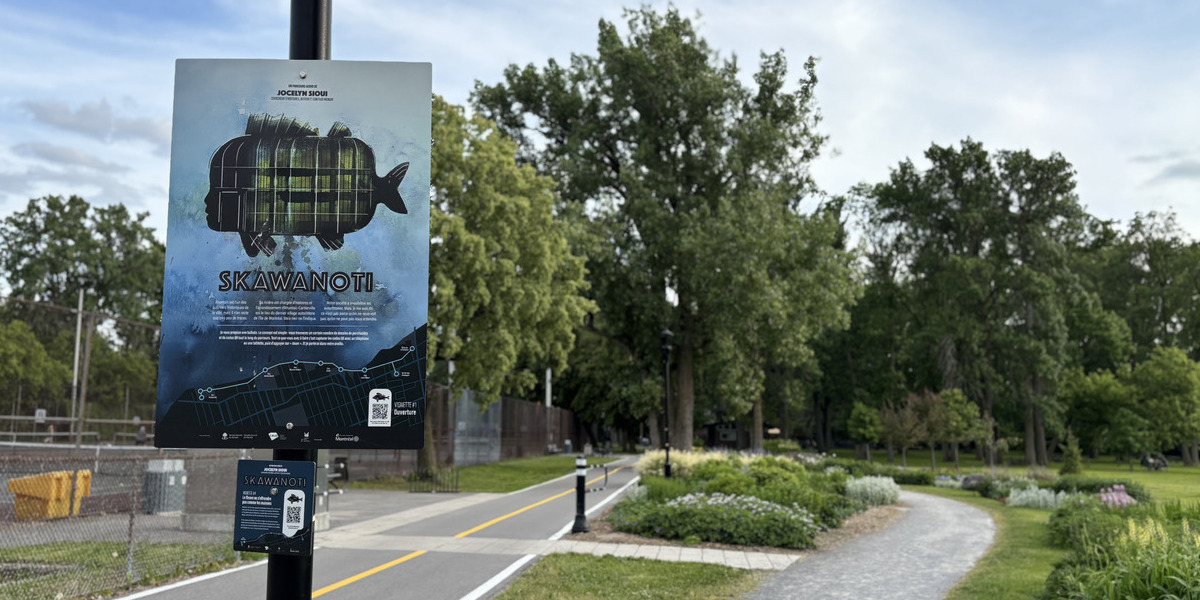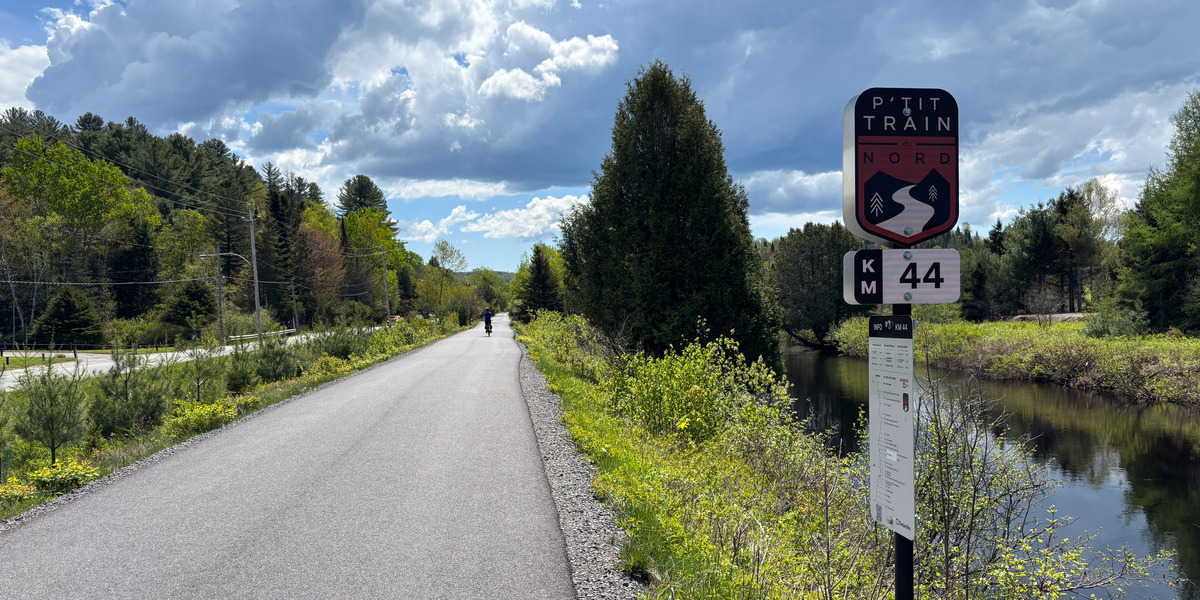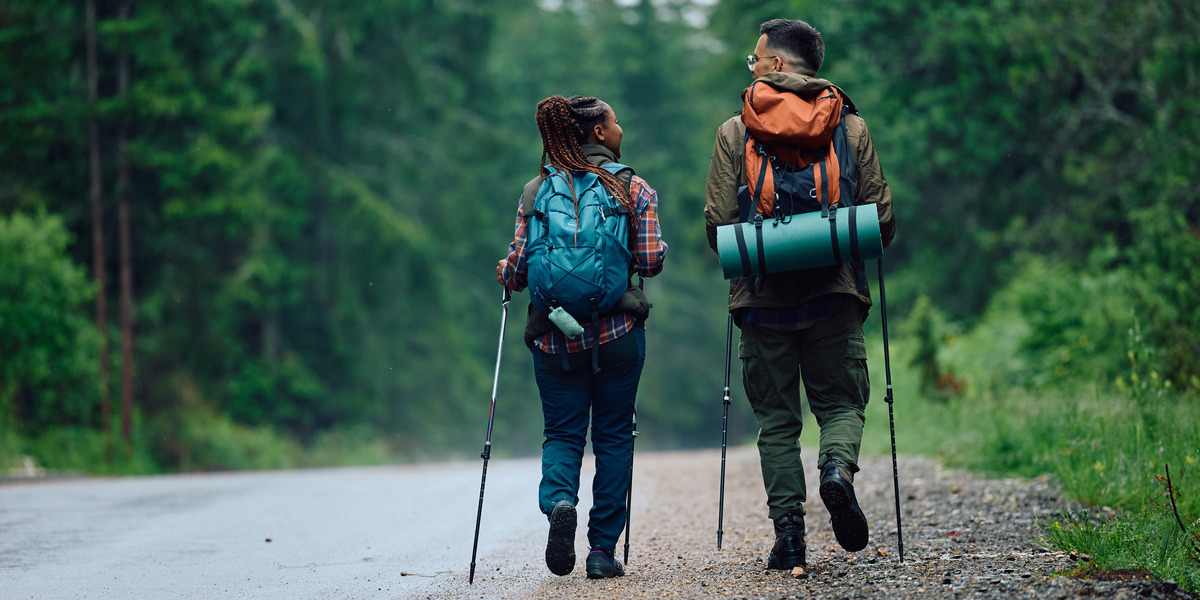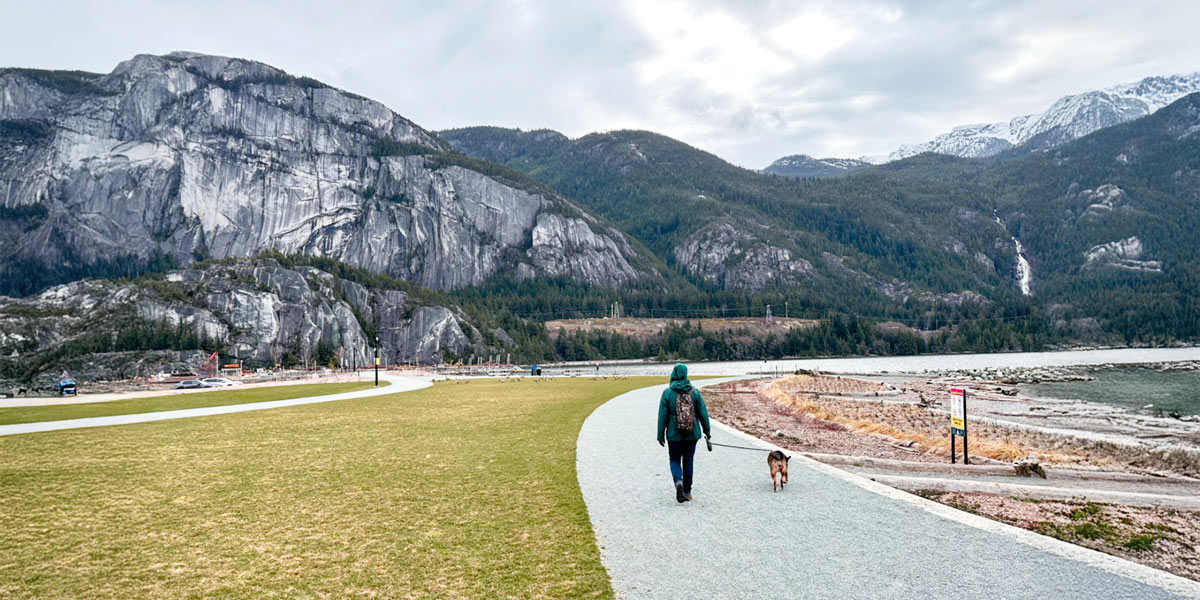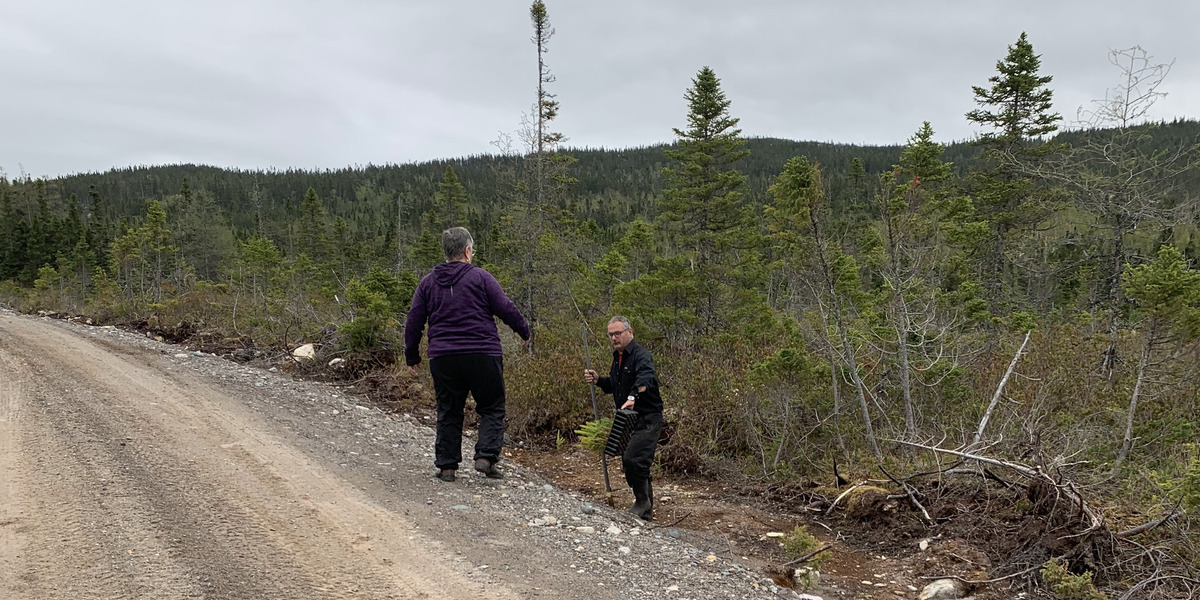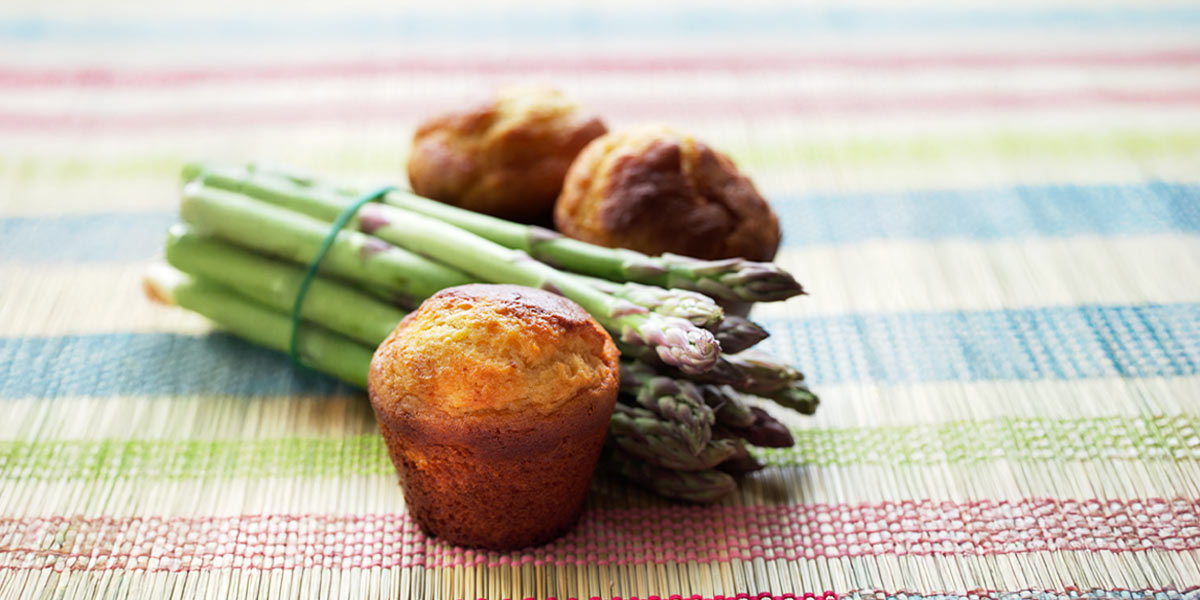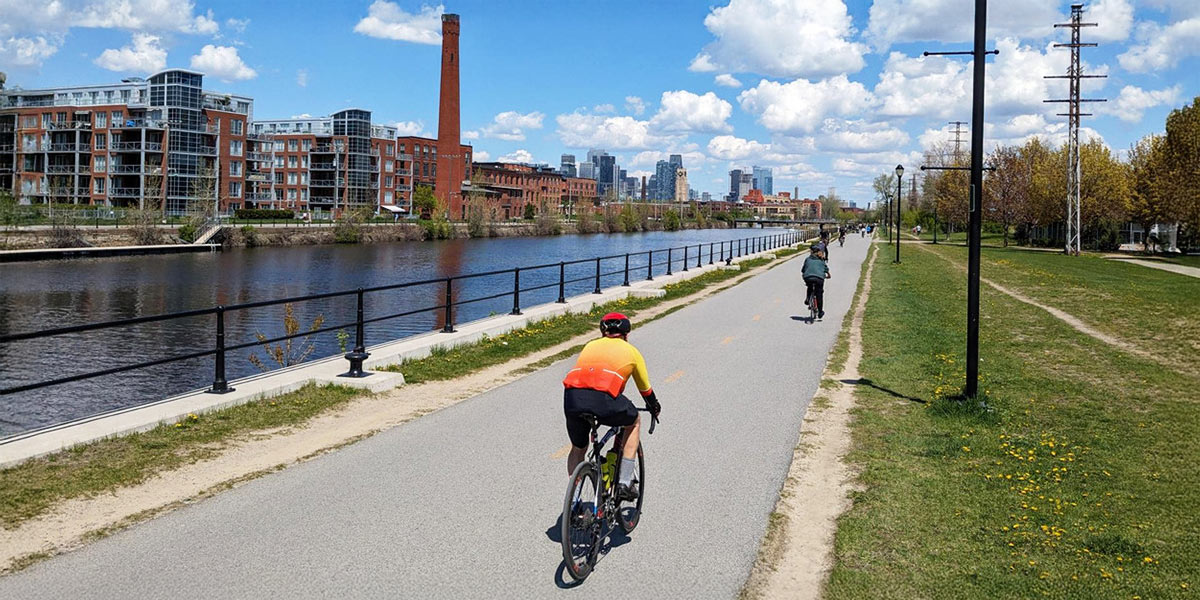Beating the Winter Blues and Blahs
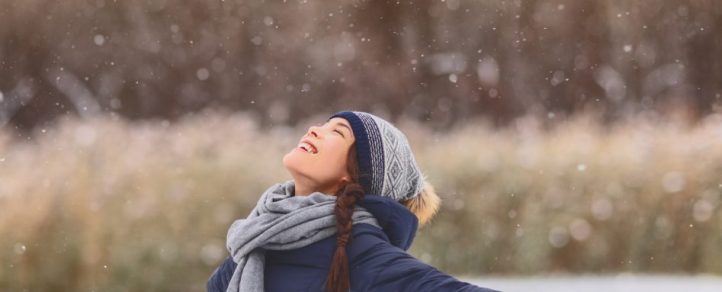
By Dr. Katy Kamkar, Clinical Psychologist, CAMH
Have you heard of the ‘winter blues’?
While it may not be a scientific term, there is a basis for that ‘blah’ feeling that creeps up during the colder winter months. In clinical terms, we refer to those feelings in the context of Seasonal Depression, which affects about one in three Canadians, and is caused by a variety of factors, including lack of sunlight, more time spent indoors, the cold weather and other seasonal factors.
This year, feelings we experience with Seasonal Depression may be even more pronounced as we continue to deal with the pandemic.
As a clinical psychologist, I’m often asked about ways to manage mental health during these times. I also sit on several advisory committees for first responders, emergency services and law enforcement, and these concerns often cross over to those high-pressure roles as well.
Here are a few tips on how you can beat the winter blues:
Get Physical
![[:en]Where to relax on The Great Trail of Canada[:fr]Respirer Le Grand Sentier [:] | Trans Canada Trail](https://tctrail.ca/wp-content/uploads/2021/06/WEB-HEADER_CAMH-948x383.jpg)
A great way to boost your mental health is to be physically active. Even 30 minutes of moderate exercise broken up into two 15-minute walks can do wonders. Physical activity triggers the release of endorphins and adrenaline that give our bodies that positive boost. Physical activity can also help provide us with important psychological bonuses by increasing our self-esteem, motivation and confidence.
However, it’s also important to not over-do it, especially for those who have been less active over the past few months. It is important for people to build a practice of self-care that is comfortable but also encourages resilience for healthy coping.
Get some fresh air and sunshine

Staying indoors is crucial to preventing the spread of COVID-19, and as parts of the country are in lockdown, that should continue to be a priority. But there are exceptions made for physical exercise or walking pets. Take the opportunity to head outdoors, get some fresh air and exercise. Lace up your boots and go for a brisk walk, or grab some snowshoes or cross country skiis and hit the trail.
Sunlight is also a key factor in our body’s production of vitamin D, which is important in staying physically healthy, and is correlated with levels fatigue and depression.
Practice mindfulness
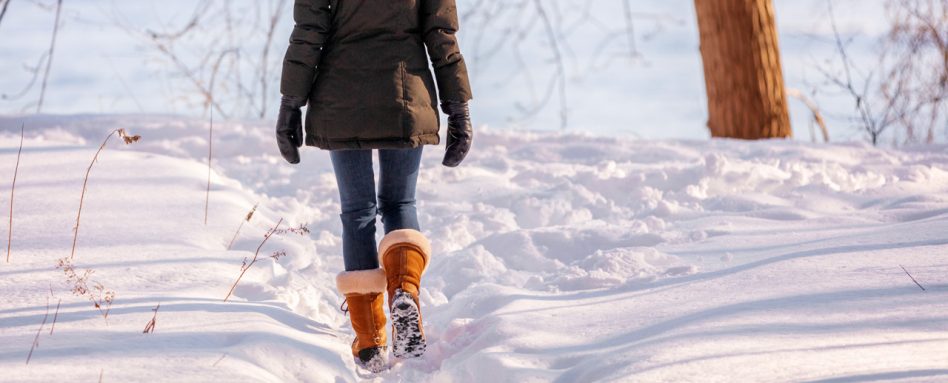
Mindfulness is the practice of purposeful awareness of the present, of our surroundings and ourselves. You can start by thinking of your breathing: being aware of each small action as you inhale and exhale, and focus on the ways your body reacts and feels.
We can also practice being mindful while engaging in physical activities. Think about the rhythmic sounds of the snow crunching under your boots as you walk, or the calm sound of the wind blowing across the trees as you feel the cold on your face. It’s a simple and proactive coping strategy that helps us to de-emphasize any negative or worrying thoughts we have at the moment.
Take care of yourself
![[:en]Where to horseback ride on The Great Trail of Canada[:fr]Où faire de l'équitation sur Le Grand Sentier du Canada[:] | Trans Canada Trail](https://tctrail.ca/wp-content/uploads/2021/06/WEB-HEADER_CAMH_3-943x383.jpg)
Self-care is an important part of staying mentally and physically healthy. Stick to a balanced diet and plan to have regular meals throughout the day. Stay hydrated, and if you’re going out on the trail, be prepared and bring along some healthy snacks and water.
It’s also important to practice healthy sleep habits, which includes making sure that your bedroom is a place conducive to sleep, and not late night social media or binge-watching.
Finally, recent studies have shown an increase in substance use during the pandemic. Try to avoid substance misuse and find healthier coping mechanisms.
Mental illness can affect anyone, and it’s important to be able to talk about it in open, non-judgmental ways with your loved ones. If you or a someone you love is experiencing difficulties with their mental health, please do not hesitate to seek professional help.
Signs that you may need help may include:
• difficulty starting tasks or taking care of responsibilities
• chronic low mood, sadness, or excessive anxiety that is difficult to manage
• feeling a lack of pleasure in activities
• difficulties with sleep and/or concentration
• or other symptoms that cause you concern.
This time of year, coupled with what’s happening in the world, may be disheartening for some. But it’s important to remind yourself that you are resilient, and we will get through this.
With a bit of effort, we can all turn the winter blues into winter oohs, and winter blahs into winter ahhhs.
Share how you turn your winter #Blahs2Ahhhs on Facebook, Twitter and Instagram.
Get outside, safely and responsibly, and share how you turn those winter #Blahs2Ahhhs. Please remember to keep a distance of at least two metres from anyone that is not a member of your own household – and always wear masks if you can’t.



